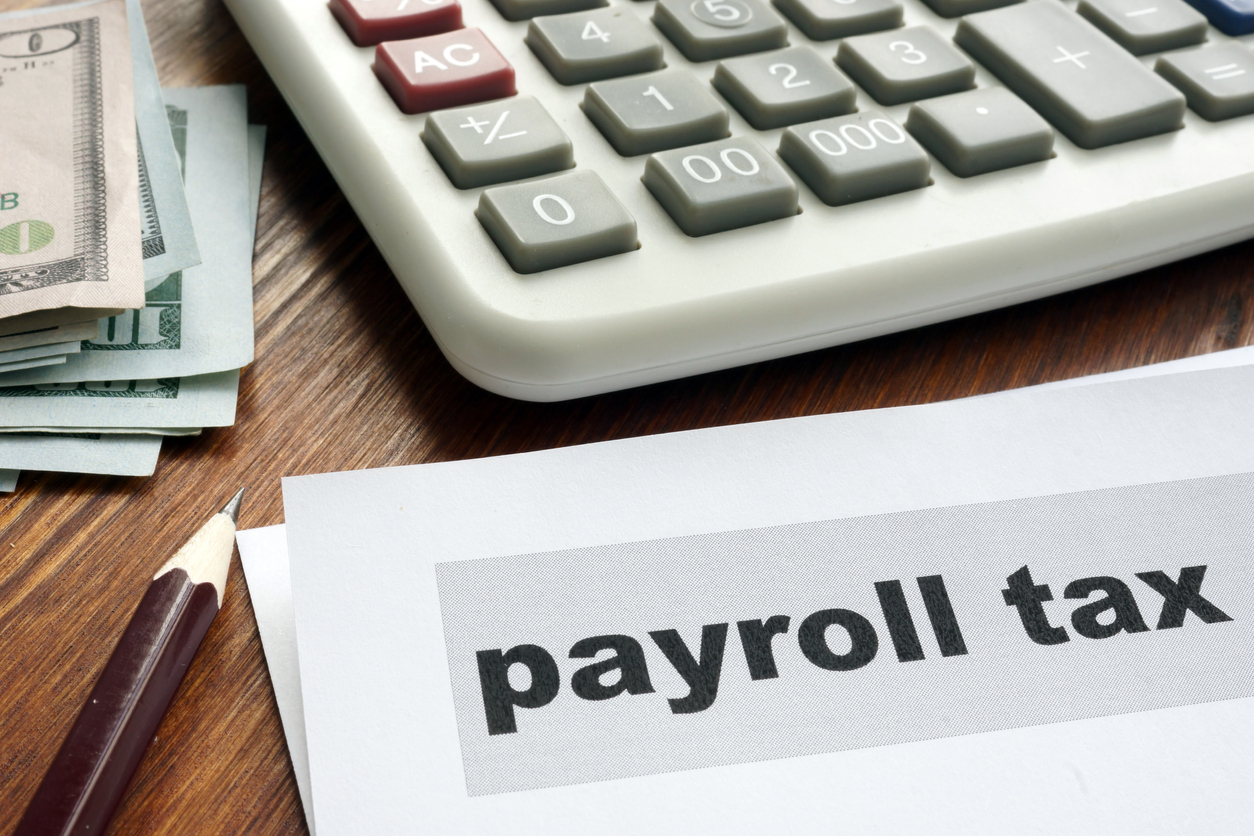Businesses impacted from COVID-19 have numerous relief options available to them. We are here to help you navigate how the relief options are interrelated, and more importantly, how you can maximize the available relief options. An important backdrop to all of this is the intent of the programs is that you do not “double dip” on benefits. However, some benefits work in tandem with others, one of which is Payroll Tax Deferral in the CARES Act and the PPP Loan.
The Coronavirus Aid, Relief and Economic Security (“CARES”) Act, signed into law on March 27, 2020, includes significant relief provisions to encourage employers to retain and continue paying their employees. This blog focuses on the payroll tax deferral and payroll tax provisions of the CARES Act.
The CARES Act allows employers to defer the payment of payroll taxes incurred between March 27, 2020 and December 31, 2020. The deferral applies to the employer portion of social security taxes (6.2% of employer wages up to $137,700). Federal withholding taxes, Medicare taxes and withholding, and employee social security withholding are not eligible for the deferral. Self-employed individuals may also defer 6.2% of self-employment taxes incurred during this period.
The IRS recently released a set of frequently asked questions regarding the availability of CARES Act Tax Deferrals and the Paycheck Protection Program (PPP). The IRS does indeed clarify that employers that take loans under the PPP are eligible to defer payments of the employer’s portion on Social Security tax through the date the lender issues a decision to forgive the loan, in accordance with the CARES Act.
Employers who have debt forgiven under the Payroll Protection Program are not eligible for payroll tax deferral on a prospective basis. Prior deferrals may remain in place and be paid according to the relief provisions noted above without interest or penalty.
The deferred taxes are due and considered timely paid if 50% of the amount deferred is paid by December 31, 2021 and the remaining 50% deferred amount is paid by December 31, 2022.
IRS FAQ on Deferral of employment tax depots & payments through 12/31/20:https://www.irs.gov/newsroom/deferral-of-employment-tax-deposits-and-payments-through-december-31-2020
Excerpts from IRS FAQ:
Excerpt 1: What deposits and payments of employment taxes are employers entitled to defer?
Section 2302 of the CARES Act provides that employers may defer the deposit and payment of the employer’s portion of Social Security taxes and certain railroad retirement taxes. These are the taxes imposed under section 3111(a) of the Internal Revenue Code (the “Code”) and, for Railroad employers, so much of the taxes imposed under section 3221(a) of the Code as are attributable to the rate in effect under section 3111(a) of the Code (collectively referred to as the “employer’s share of Social Security tax”). Employers that received a Paycheck Protection Program loan may not defer the deposit and payment of the employer’s share of Social Security tax that is otherwise due after the employer receives a decision from the lender that the loan was forgiven. (See FAQ 4).
Excerpt 3: Which employers may defer deposit and payment of the employer’s share of Social Security tax without incurring failure to deposit and failure to pay penalties?
All employers may defer the deposit and payment of the employer’s share of Social Security tax. However, employers that receive a loan under the Small Business Administration Act, as provided in section 1102 of the CARES Act (the Paycheck Protection Program (PPP)), may not defer the deposit and payment of the employer’s share of Social Security tax due after the employer receives a decision from the lender that the PPP loan is forgiven under the CARES Act. See FAQ 4.
Excerpt 4: Can an employer that has applied for and received a PPP loan that is not yet forgiven defer deposit and payment of the employer’s share of Social Security tax without incurring failure to deposit and failure to pay penalties?
Yes. Employers who have received a PPP loan may defer deposit and payment of the employer’s share of Social Security tax that otherwise would be required to be made beginning on March 27, 2020, through the date the lender issues a decision to forgive the loan in accordance with paragraph (g) of section 1106 of the CARES Act, without incurring failure to deposit and failure to pay penalties. Once an employer receives a decision from its lender that its PPP loan is forgiven, the employer is no longer eligible to defer deposit and payment of the employer’s share of Social Security tax due after that date. However, the amount of the deposit and payment of the employer’s share of Social Security tax that was deferred through the date that the PPP loan is forgiven continues to be deferred and will be due on the “applicable dates,” as described in FAQs 7 and 8.
If you have any questions about your payroll tax deferral or any other CARES Act relief, we encourage you to speak with your tax advisor. If you do not have an advisor and need assistance with your tax planning, Anglin’s Tax Advisory Services team can help.
Stay up-to-date on business and tax impacts of this pandemic through our Coronavirus Resource page where we have compiled updates and resources.

